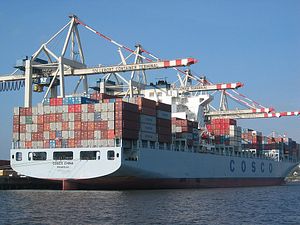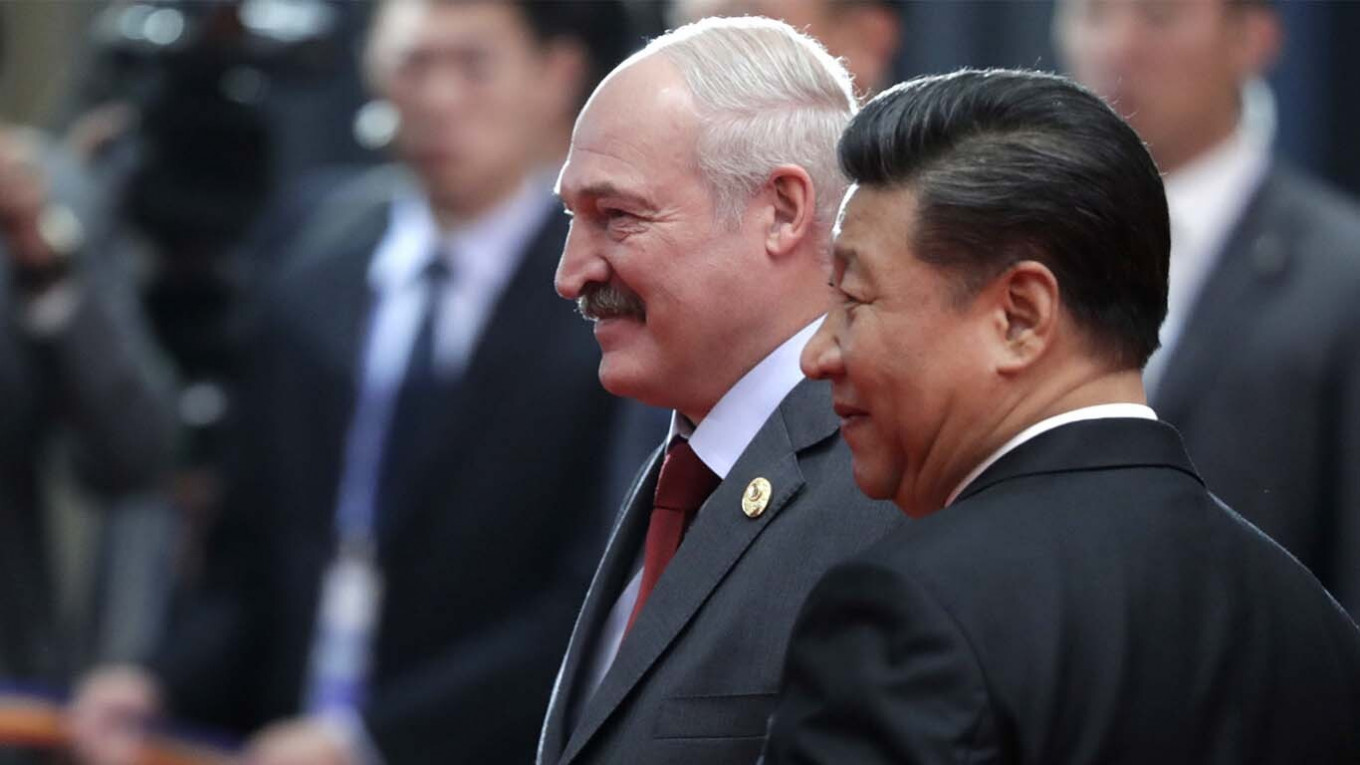By George Friedman
In 2016, the British government called for a referendum on whether the United Kingdom should remain a member of the European Union. The British people voted to leave. Since then, there has been a struggle in Britain to reverse the decision and a struggle between Britain and the EU on the terms of the departure. It’s now 2020, and the process still isn’t finished. Given that the EU is based merely on a treaty – not a federation – sovereignty is a matter for individual states, not the “government” in Brussels. Treaties are arrangements between nations, not a merger of nations, and therefore are reversible.
Since we are about to see a new and presumably final round of negotiations on the divorce, with the EU now calling for a rapid resolution, even as the Irish question is now the blocker, the real issue is how this matter has dragged on so long. To anyone who has been divorced or seen one, it makes sense: Divorces are almost always filled with rage, recrimination, desires to inflict pain and sometimes the desire that the old affection be resurrected. The children are made pawns. Friends must choose sides. The difference, of course, is that Britain’s relationship to the EU is simply a matter of national interest and not the result of a love affair. Britain and the EU lived together when they had to, but they never married. And so the lawyers continue to meet as each side creates more barriers to an amiable disengagement.
















/cloudfront-us-east-1.images.arcpublishing.com/mco/5S2NVKKRA5AVZDHOL37TA4A3SY.webp)
